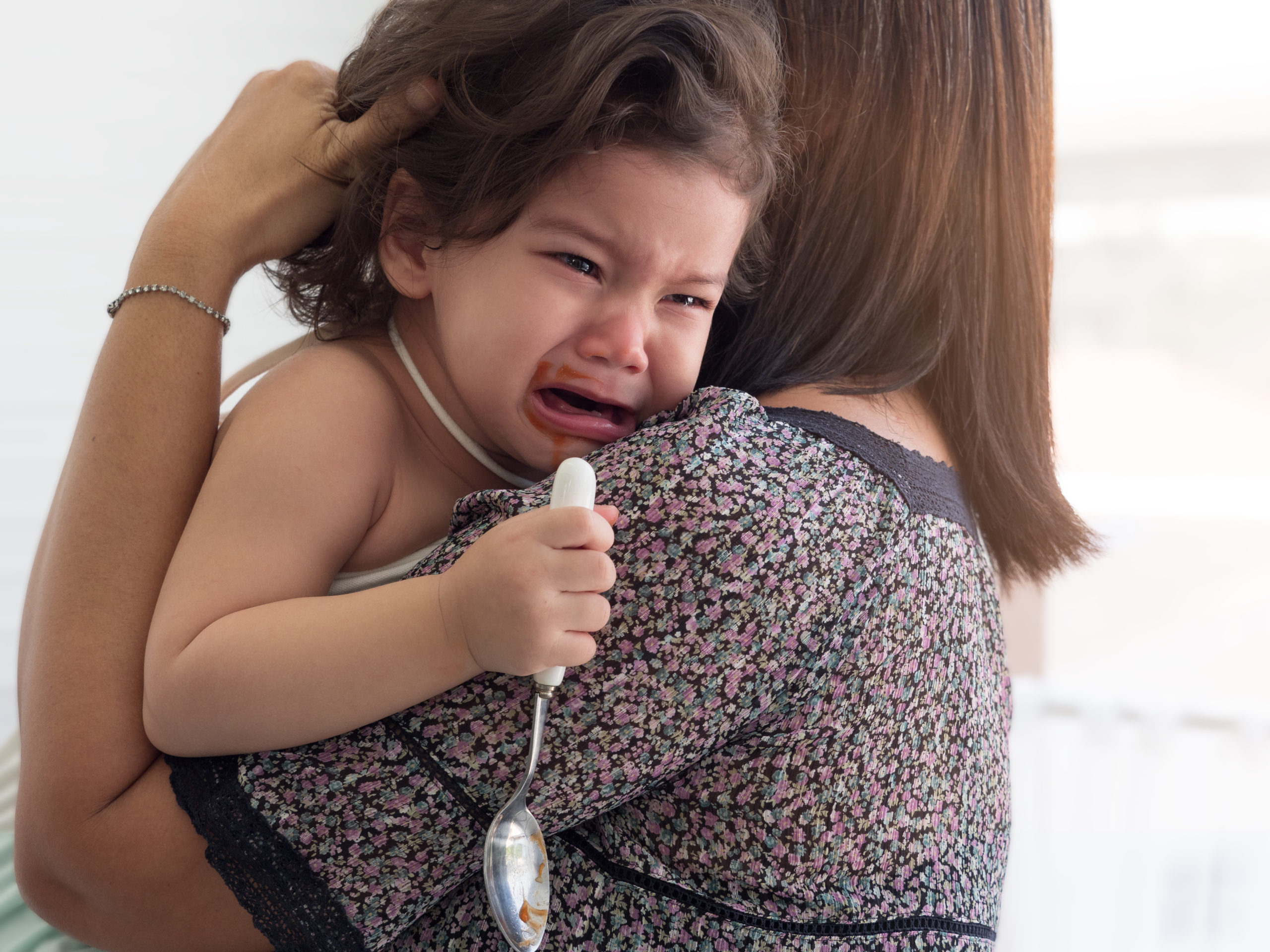As we approach the tailend of summer break, parents can anticipate their kids asking questions about the 2021-2022 school year. 2020 introduced children to a drastically different learning environment as a result of COVID-19 restrictions. Some school districts chose to stay entirely remote while others went with a hybrid in-person model.
If there’s one thing we know as pediatricians and parents, it’s that change can impact a child’s mental, emotional, and physical health. And as we prepare for a new school year, everything is about to change… again.
One of the best ways you can prepare your children for change of any kind is to keep an open dialogue. Start talking about the new school year today. Don’t wait until a week or two before the first bell rings.
How to Prepare Your Child For a “Post-Pandemic” School Year
Ask Open-Ended Questions
One of the mistakes we sometimes make as parents is asking our kids close-ended, yes or no, questions. When talking to your kids about the upcoming school year, keep your questions open. For example, try and avoid questions like, “Are you nervous about the school year?” This can be answered with a yes or no response and also dictates a specific feeling they have to respond to. Instead, try asking, “What are your feelings about going back to school this year?”
Don’t Interrupt or Over Respond
Make sure you are giving your children enough time to respond to questions (particularly young children). Pauses can feel uncomfortable, but don’t rush in to fill the gap in silence. Be patient. Give your children time to explore their feelings. Young children are still growing their vocabulary, and sometimes they don’t have the right words to express their feelings. They need to search a little more and that takes time.
Teenagers can take long pauses in conversation for different reasons. That’s why it’s important to not over respond to their thoughts or concerns. Instead, listen to them, and validate their feelings. “It’s ok to feel that way. Thank you for telling me how you feel.”
Be Available
It likely comes as no surprise to you that children often do things on their own time. Even if you’re ready to have a meaningful conversation, your child may not be. So be available and be flexible. Remind your teenager or young child that you’re always here for them and ready to listen.
Remind them frequently!
Watch for Signs of Anxiety
When young children or teens internalize stress, the anxiety can present itself both emotionally and physically. As the new school year approaches, watch for symptoms of anxiety and stress. This can include (not limited to):
- Sleep disruption
- Lack of appetite
- Mood swings
- Sudden skin irritation, breakouts
- Unusually quiet or withdrawn
Reassure & Stay Positive
One of the best ways to naturally soothe typical anxiety is to keep your dialogue calm, reassuring, and positive. 2020 was an incredibly challenging year for both children and parents. We know you have personal feelings with regard to the previous school year and the upcoming year.
Still, it’s important to keep your dialogue about school positive when speaking with your kids. You don’t want to confuse your children or teenagers about the value of their education. Reassure your children constantly that their education is important to their development and future.
Their Personal Health is Private
“Did you get vaccinated for COVID?” It’s likely you have had an acquaintance or even complete stranger ask you this question within the last three months.
As your children prepare for a return to in-person learning, make sure they know their rights. Your child’s personal health information is private. They are not required to share this information with fellow classmates or teachers. Currently, under Illinois state law, children are not being required to get the COVID-19 vaccine to return to in-person learning.
Start the School Year Feeling Great!
We’re ready to help guide your family into a new school year. Contact us to schedule your child’s yearly physical exam and bring your questions about Covid-19 and in-person learning.





